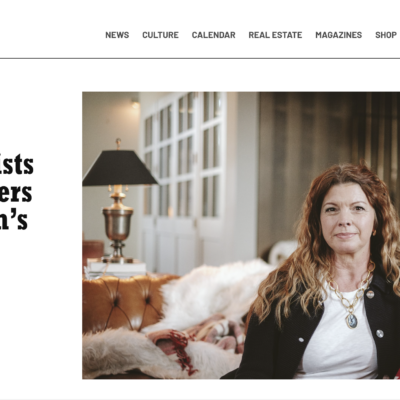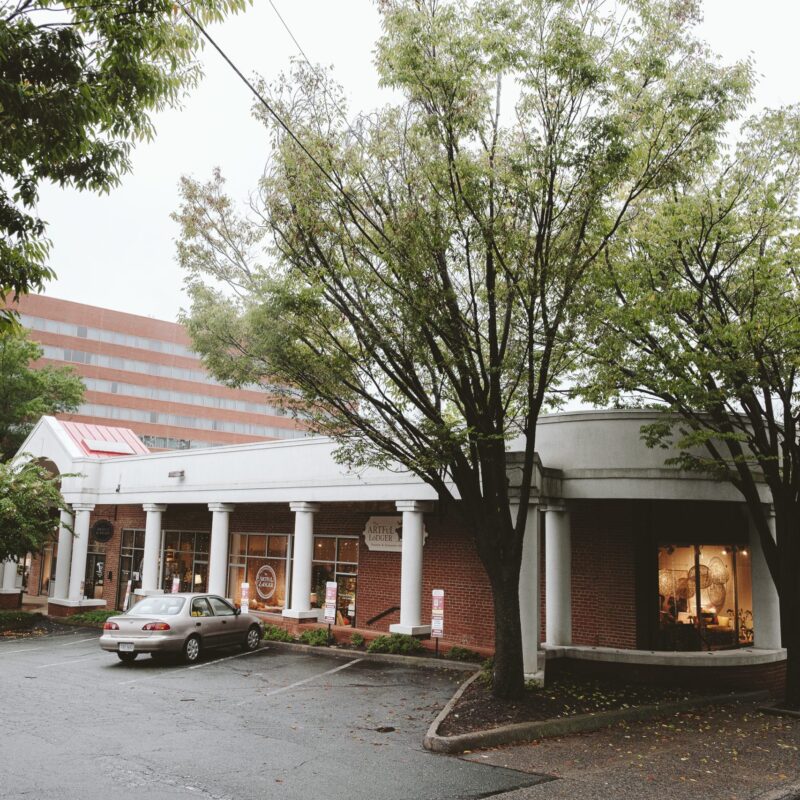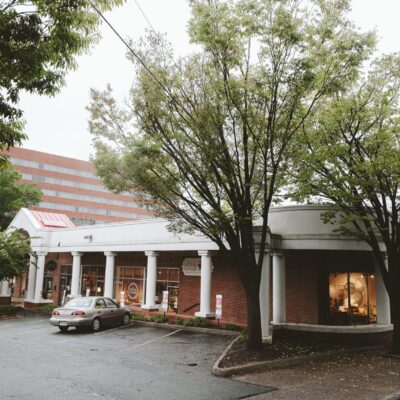A common gripe in Charlottesville among residents and city officials alike is how long it takes local government to get things done. But keeping track of complaints isn’t easy: Deputy City Manager Mike Murphy says the city receives so many emails that it can take a while to review them, and sometimes officials miss them altogether. That can make it tricky to resolve these issues, especially when there’s no database to manage service requests submitted by phone, email, or in person.
Enter the MyCville app. When it comes to small-scale issues, MyCville, the city’s web portal and mobile app, may be the most efficient way residents can alert local government to problems—though so far, a large percentage of complaints have been logged by city officials themselves.
The city manager’s office launched the app in April 2018 and has since fielded 2,131 requests. However, at a Charlottesville City Council retreat July 31, Murphy reported that 41 percent of those were submitted by city officials for residents who reached out with an issue some other way.
City spokesman Brian Wheeler says the quickest way to have an issue resolved is by contacting the department that directly handles the problem. But it’s not always clear which department is responsible for a particular issue. This can result in residents being bounced around between departments before they find the right people.
With the MyCville app, “you don’t have to worry about what department needs to handle that problem,” Wheeler says. The submission form, which is available on both smart phones and a web browser, includes a list of common requests users can choose from, such as snow removal or trash pickup, as well as a general question field in case a particular issue doesn’t appear on the list. Requests are then automatically routed to the appropriate department. And, unlike a request made by phone or email, users can track the progress of their submissions.
According to Murphy, three particular issues have made up 42 percent of all submissions: overgrown landscape (412), litter (248), and dead animals (227). A whopping 81 percent of requests have been handled by either the Department of Public Works or Neighborhood Development Services.
Local activist Kevin Cox frequently contacts the city government about issues pertaining to sidewalk usability and landscape maintenance. He prefers to reach out to Charlottesville officials through phone or email and doesn’t find MyCville to be user-friendly.
“I’m not impressed,” Cox says. “It’s a little unwieldy, too much information…I’d like to see the city take care of things on their end before working on new ways to get the citizens involved.”
Cox notes, however, that his wife used the app to report a dead deer in the road and the city’s response was “very prompt.” He says the idea is encouraging, but doesn’t want city officials depending on resident requests for action to be taken.
The city decided to develop the app as a cost-efficient alternative to a 3-1-1 customer service center, which would’ve required a paid staff to field calls, and funding to keep the service up and running. Murphy says the city manager’s office looked into creating such a center twice over the last seven years, but both times the idea failed to gain momentum. He doesn’t dismiss revisiting the topic again.
For now, the biggest issue may be getting residents to use the app—or even realize it exists. MyCville only has two ratings on Apple’s App Store. The city says it plans to add more items to the request list, to make it more versatile.
Wheeler acknowledges that not everybody has access to a phone or computer, so the city still keeps other avenues open for residents to use in order to have their voices heard. But for “issues of concern in the community,” he says the city will solve problems most efficiently when the relevant department is made aware directly—starting with MyCville.





